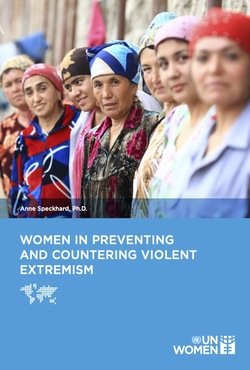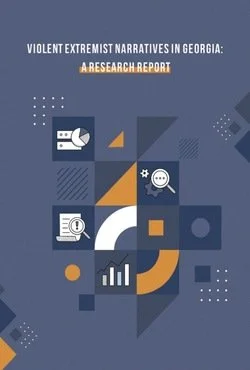By Hayden Crosby
Right-wing extremism has been the subject of many studies over the years, especially in contemporary times in which many commentators have argued there is a global resurgence in support for the extreme-right. Despite this, very few studies have been conducted on the extreme-right in New Zealand and previous studies are very outdated. Of the international studies that have been conducted on right-wing extremism only a small minority are empirically based as most scholars prefer to avoid the many challenges and difficulties which accompany empirical inquiry in the subject. Furthermore, only a minority of previous empirical studies have focused on lives of the individuals who come to join the extreme-right. This thesis examines why and how individuals come to join extreme-right groups, what motivates them to stay within these groups, and why many of them eventually come to leave. These questions were investigated by conducting a qualitative method of inquiry into the life histories of six former New Zealand right-wing extremists. A number of social factors were identified as having influenced the participants to join, stay within, and eventually leave extreme-right groups in New Zealand. These social factors were not uniform across all the participants who were also determined to be generally influenced by a combination of factors rather any singular factor. The influencing affect that these social factors had on the participants can be understood with several theoretical explanations which were applied to the findings. Furthermore, the study gave rise to some new theoretical ideas which can improve upon how involvement in right-wing extremism is understood and aid future inquiry into the subject. Overall the study enhances our understanding of individual involvement in right-wing extremism and provides insight into the extreme-right scene in New Zealand.
Auckland, NZ: University of Auckland, 2017. 170p.








